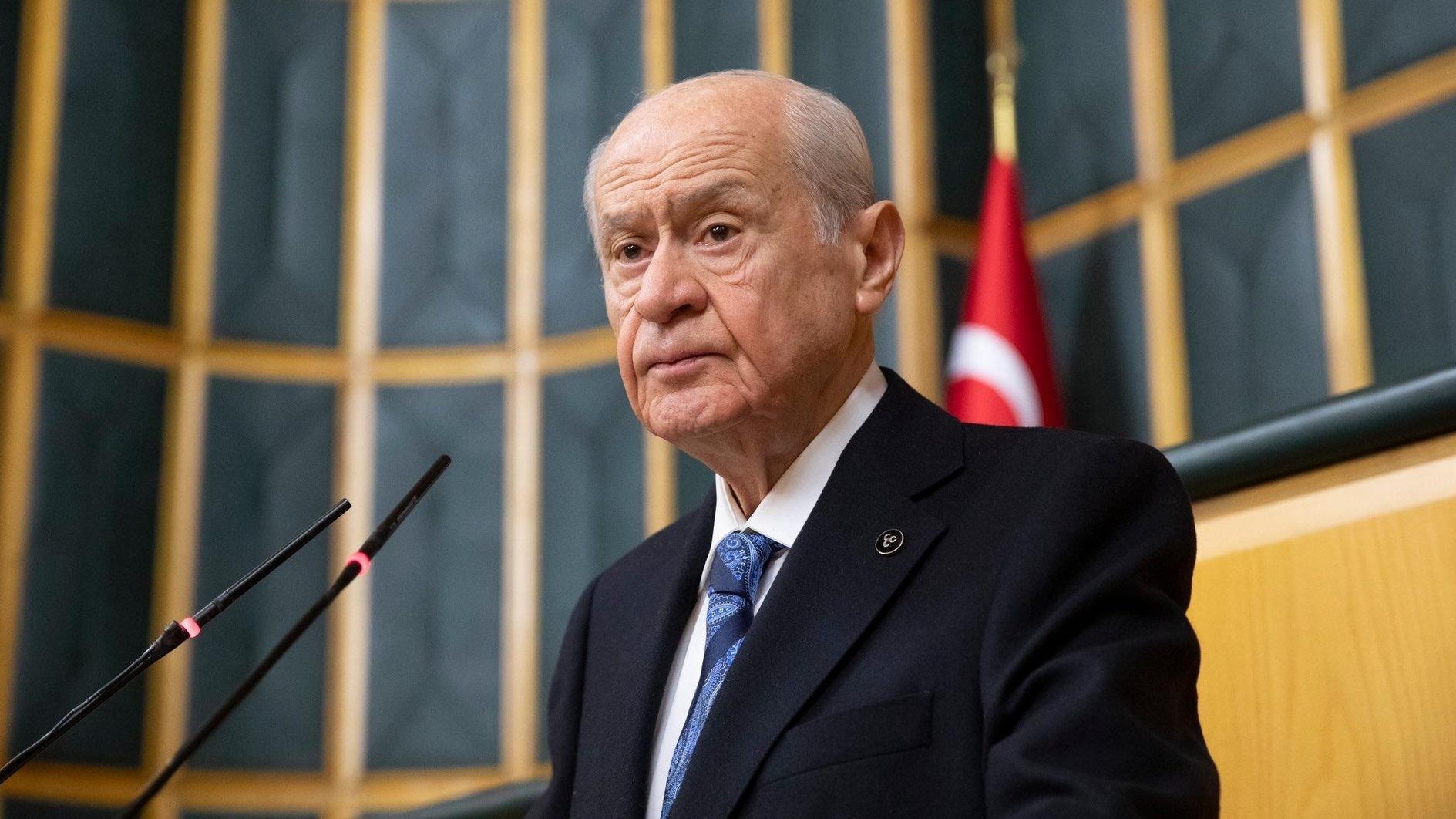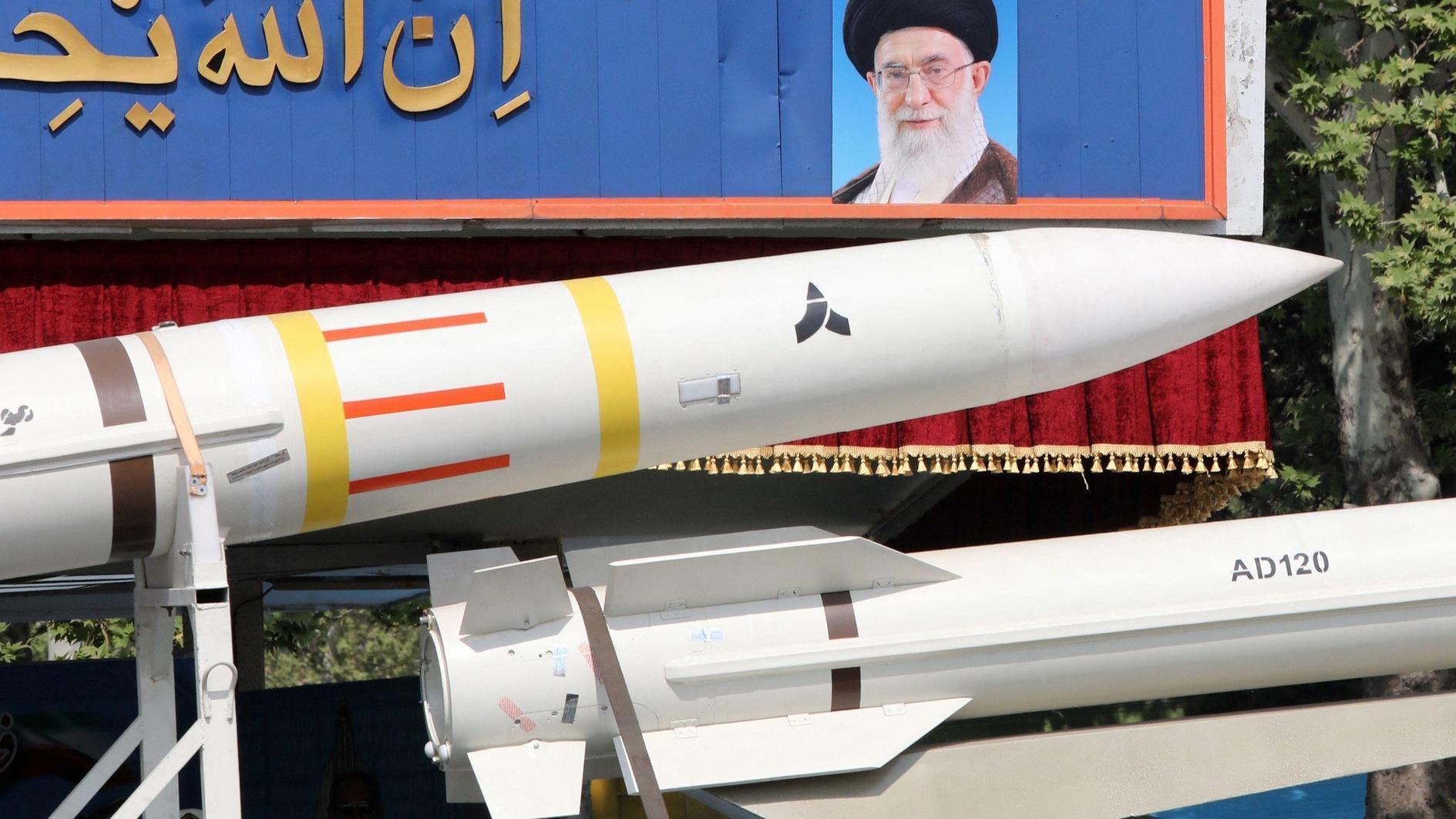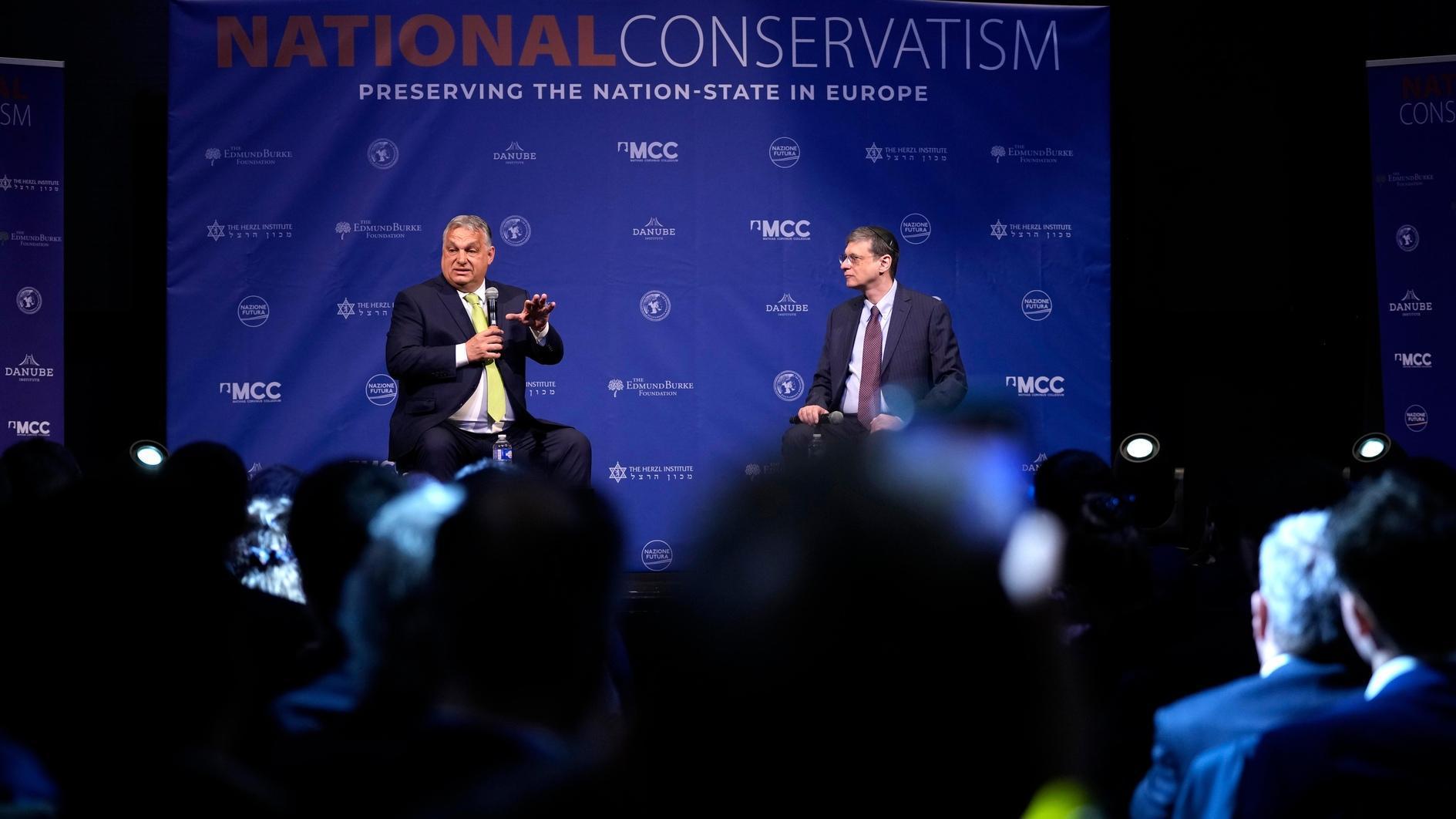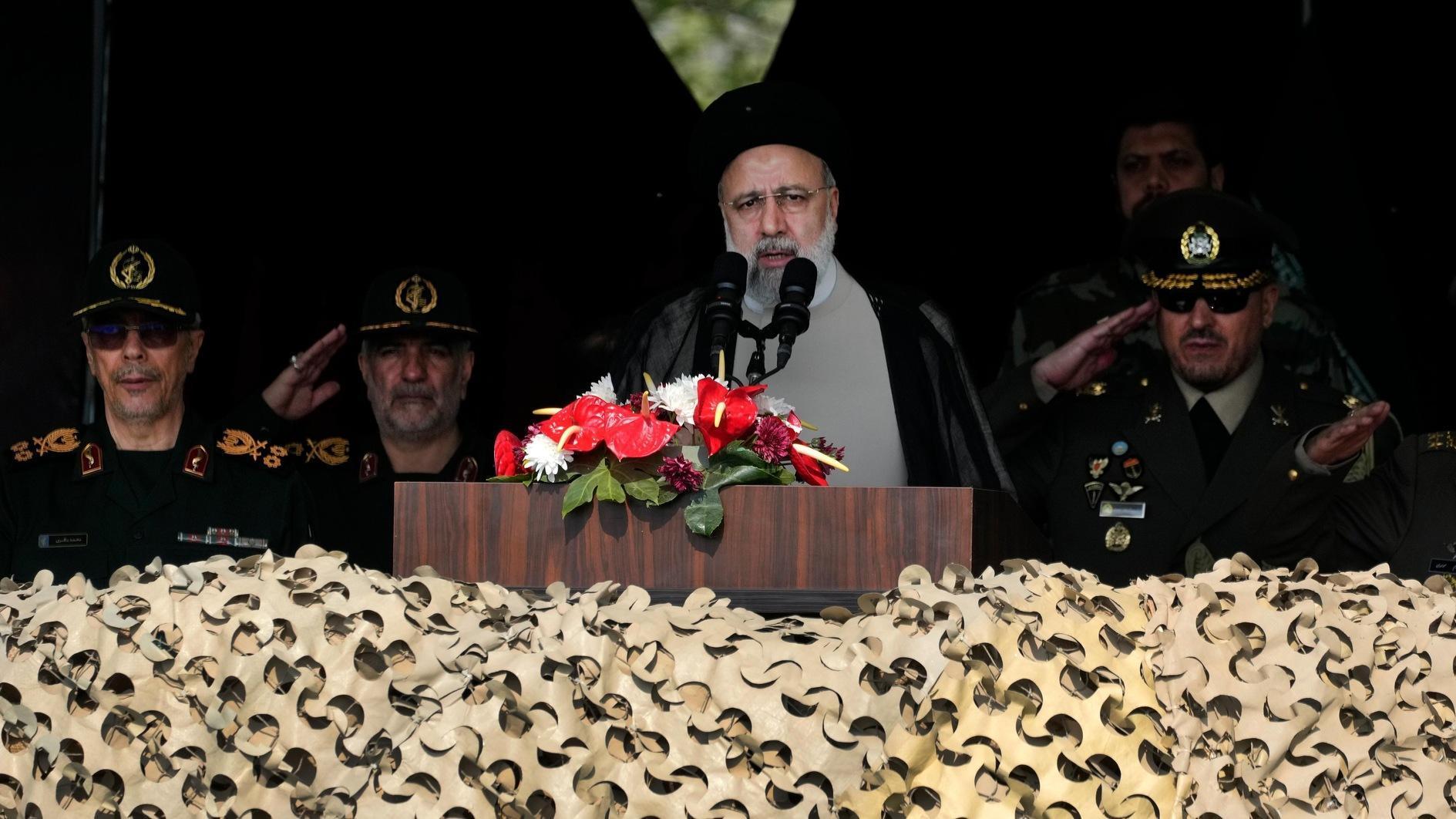10 issues Turkish media is banned from reporting on
ISTANBUL
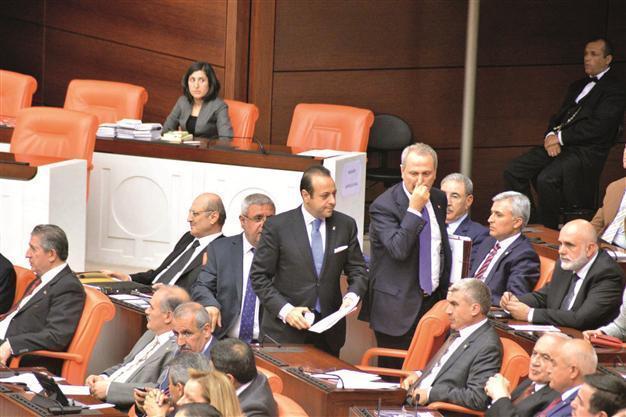
In December 2014, heated debates took place in Parliament’s General Assembly to investigate former Cabinet ministers Zafer Çağlayan, Egemen Bağış, Muammer Güler and Erdoğan Bayraktar, over corruption allegations.
1) Turkey's massive graft investigation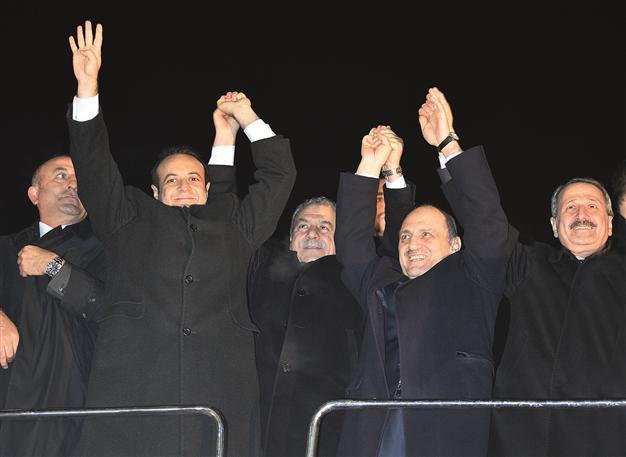
The corruption probe of Dec. 17, 2013 is the most controversial case for which a media ban has been adopted. The prosecutor of the case was quickly replaced by the authorities and in October, the new prosecutor decided not to continue with proceedings against 53 graft suspects, including former ministers’ sons, the former manager of Halkbank and a controversial Iranian-Azeri businessman.
2) The ISIL raid on Turkey's Mosul consulate
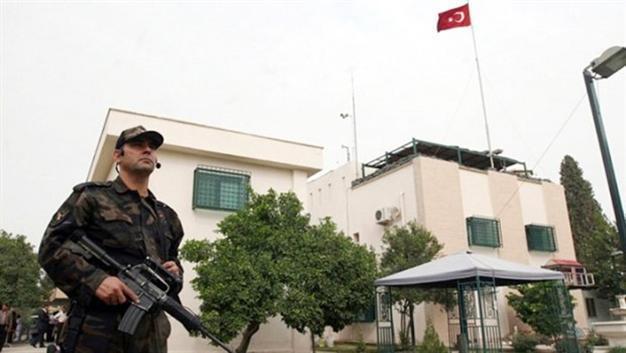
Some 49 members of Turkey’s consulate in Mosul and 31 truck drivers were kidnapped by the Islamic State of Iraq and the Levant (ISIL) after the latter seized Mosul late on June 9. The 9th Ankara Court of Serious Crimes imposed a media ban on reporting about the kidnapping in a June 16 ruling.
3) The tapping of the Turkish Foreign Ministry
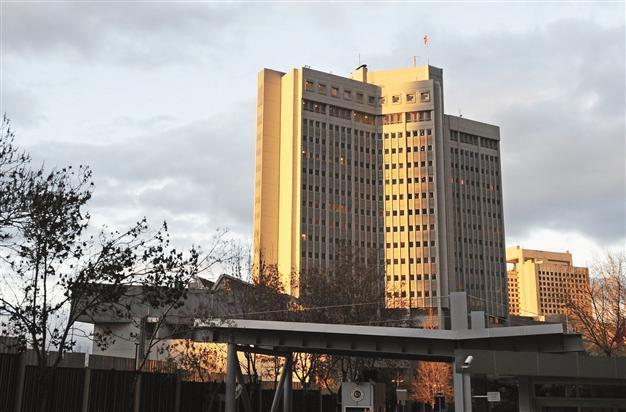
The audio recordings of a top-secret national security meeting on Syria in the offices of the Turkish foreign minister were leaked via YouTube on March 27. After this, the Supreme Council of Radio and Television (RTÜK) quickly imposed a media ban on the broadcast of the illegal recording and its content.
4) The deadliest terror attack in Turkey's history
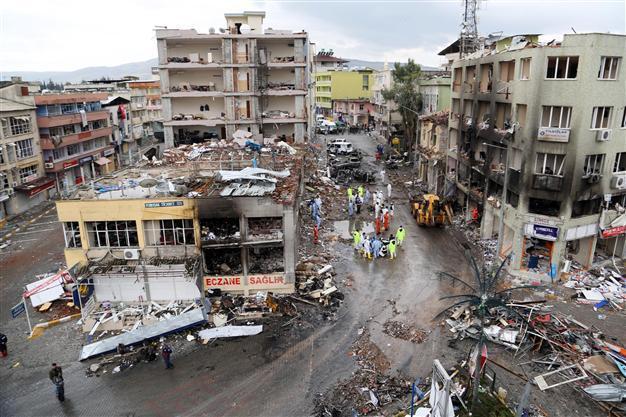
Soon after the deadliest terror attack in Turkey’s history, which killed 52 people in the southern town of Reyhanlı on May 11, 2013, a local court banned all aural, visual and written publications about the aftermath of the blasts.
5) The bugging of Erdoğan's office
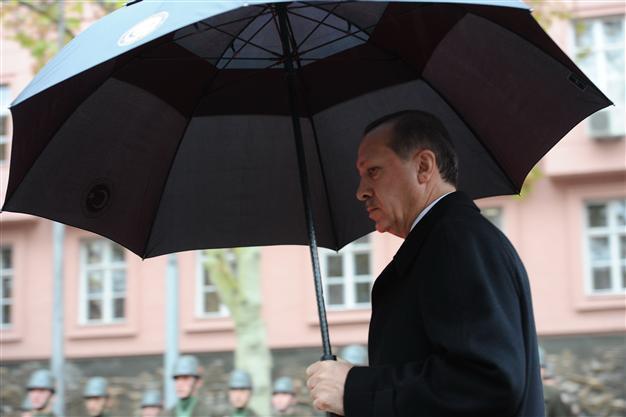
The Ankara Prosecutor’s Office imposed a media ban in February on the ongoing investigation into bugging devices allegedly found in the office of then-Prime Minister Recep Tayyip Erdoğan.
6) The stopping of Syria-bound MİT trucks
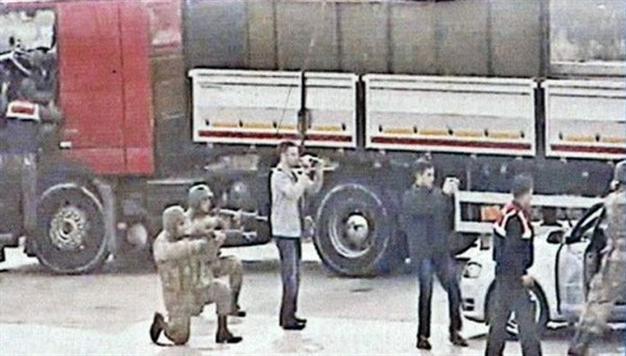
In February, a ban was imposed on the publication of reports about a search of two trucks – allegedly carrying weapons belonging to Turkey’s National Intelligence Organization (MİT) – that were bound for Syria.
7) Deadly attacks on security forces
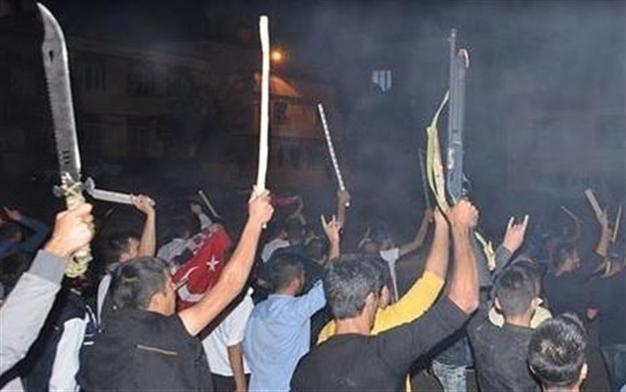
In October, three Turkish soldiers and two policemen were killed in separate attacks. The Yüksekova Criminal Court of Peace ruled for a media ban on the killing of the soldiers on Oct. 27, days after a similar ruling by the Bingöl Criminal Court of Peace on the murders of the policemen.
8) The Uludere air strike
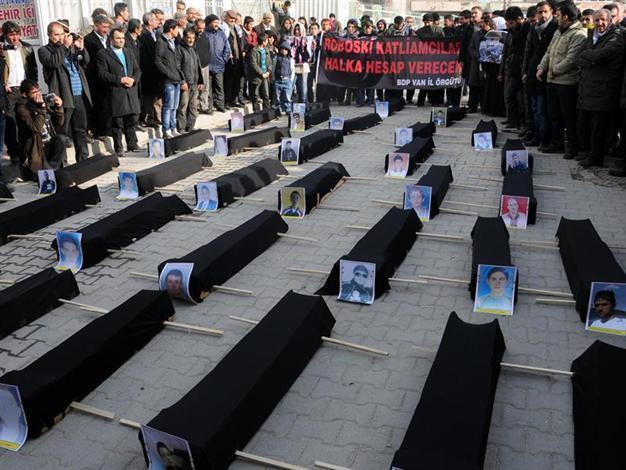
Air strikes carried out in the Uludere district of Şırnak province on Dec. 28, 2011 resulted in the deaths of 34 civilian villagers, who were allegedly mistaken for outlawed Kurdistan Workers’ Party (PKK) militants as they smuggled goods into Turkey. Soon afterward, a media ban was imposed.
9) The worst mining disaster
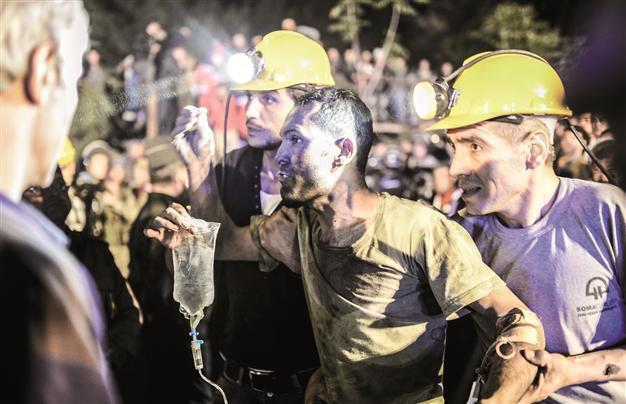
RTÜK, Turkey’s television and radio watchdog, warned broadcasters “to respect the feelings of the victims’ families” after the worst workplace disaster of the country, in which 301 workers were killed in a mine accident in the western town of Soma in May.
10) The football match-fixing scandal
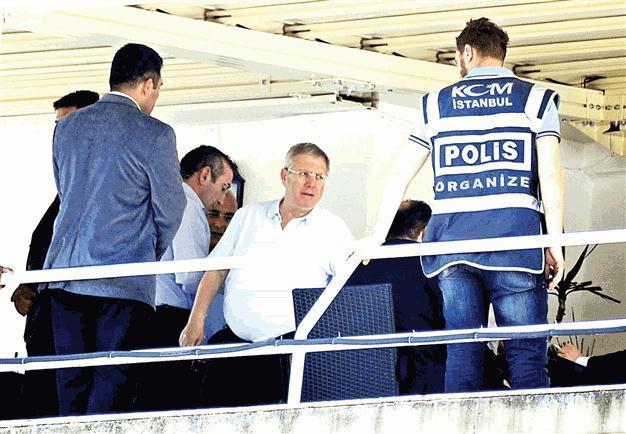
The 13th Istanbul Court of Serious Crimes ruled for a media ban in August 2011 on the publication of testimonies and audio evidence in a massive match-fixing investigation involving two professional Turkish football clubs.


